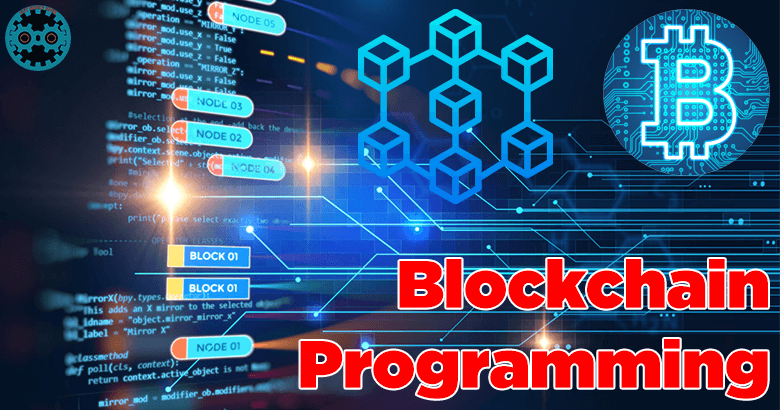Blockchain programming has emerged as a game-changing technology, revolutionizing various industries and paving the way for secure and transparent transactions. This article explores the potential of blockchain programming, its applications across different sectors, and the skills required to excel in this domain.
If you want to explore more about blockchain technology then you may visit Freebitcoin News.

Image Source – Google
Understanding blockchain programming
Blockchain programming involves the creation and maintenance of decentralized digital ledgers, known as blockchains, using advanced cryptographic algorithms. These ledgers provide a secure and transparent method of recording and verifying transactions.
Applications of blockchain programming
1. Cryptocurrency: The most well-known application of blockchain technology, cryptocurrencies like Bitcoin and Ethereum rely on blockchain programming to facilitate secure and decentralized digital transactions.
2. Supply chain management: Blockchain programming enables the creation of transparent supply chains, ensuring traceability and authenticity throughout the production and distribution process.
3. Healthcare: With its ability to maintain secure and immutable records, blockchain programming can transform healthcare by enhancing patient data security, interoperability, and access control.
4. Voting systems: Blockchain-based voting systems offer enhanced security, transparency, and auditability to ensure fair and tamper-proof elections.
Developing skills in blockchain programming
1. Solid understanding of blockchain principles: Begin by acquainting yourself with the underlying principles of blockchain technology, including consensus mechanisms, public and private key cryptography, and distributed ledger technology.
2. Programming languages: Gain proficiency in programming languages commonly used in blockchain development, such as Solidity (Ethereum), Chaincode (Hyperledger Fabric), and C++ (Bitcoin).
3. Smart contract development: Master the creation and deployment of smart contracts, self-executing agreements stored on a blockchain, using frameworks like Ethereum and Solidity.
4. Security and cryptography: Acquire knowledge of cryptographic protocols, network security, and best practices to ensure the integrity and confidentiality of blockchain data.